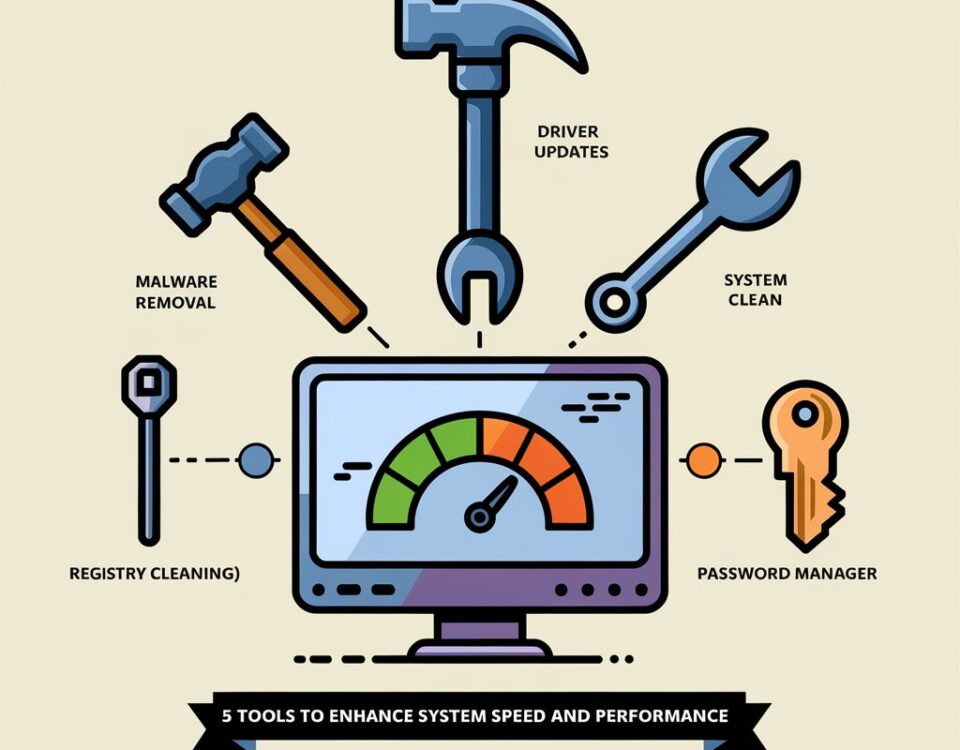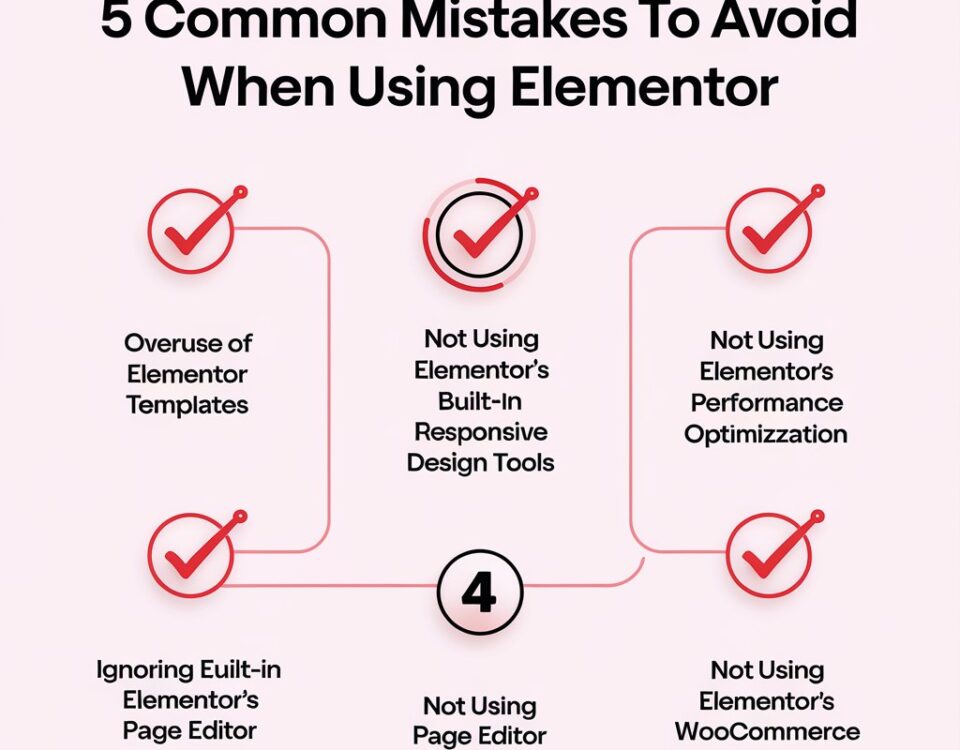
How to Develop a Mobile App from Scratch
June 5, 2024
The Impact of Social Media Algorithms on User Behavior
June 12, 2024Tips for Building a Successful Tech Startup
Building a successful tech startup requires careful planning, strategic execution, and relentless perseverance. The journey from an idea to a thriving business is challenging but achievable with the right approach. This guide provides essential tips for building a successful tech startup, covering crucial aspects from idea validation to scaling your business. Whether you're refining your product idea, conducting market research, or securing funding, each step is vital to your startup's growth. By fostering a culture of innovation, embracing feedback, and adapting to market trends, you can navigate the complexities of entrepreneurship more effectively. With dedication and persistence, you can turn your tech startup vision into a reality and make a meaningful impact in the industry.

Validate Your Idea
Before investing time and resources, validate your idea to ensure there is a market need. Conduct thorough market research to understand your target audience, competitors, and market trends. Use surveys, interviews, and focus groups to gather insights and feedback. Validation helps refine your idea, making it more likely to succeed.
Develop a Solid Business Plan
A solid business plan serves as a roadmap for your startup. It should outline your business goals, target market, value proposition, revenue model, marketing strategy, and financial projections. A well-crafted business plan guides your decisions and attracts potential investors.
Build a Strong Team
A successful tech startup relies on a skilled and dedicated team. Hire individuals who complement your skills and share your vision. Ensure your team has expertise in key areas such as development, marketing, sales, and finance. A cohesive team drives innovation and helps navigate challenges.
Secure Funding
Funding is crucial for turning your idea into a reality. Explore various funding options such as bootstrapping, angel investors, venture capital, crowdfunding, and grants. Create a compelling pitch that highlights your startup’s potential, market opportunity, and competitive advantage. Present your business plan and financial projections to potential investors.
Focus on Minimum Viable Product (MVP)
Develop a Minimum Viable Product (MVP) to test your concept with minimal resources. An MVP includes the core features necessary to solve the primary problem of your target audience. Launching an MVP allows you to gather user feedback, iterate quickly, and validate your product before a full-scale launch.
Implement Agile Development
Agile development methodologies help manage your startup’s development process efficiently. Break down your project into smaller tasks and sprints. Continuously test and improve your product based on user feedback. Agile development promotes flexibility, allowing your team to adapt to changes and deliver a high-quality product.
Prioritize User Experience
A positive user experience (UX) is critical for customer retention and satisfaction. Design your product with the user in mind, ensuring it is intuitive, functional, and visually appealing. Conduct usability testing to identify pain points and areas for improvement. Continuously refine your product based on user feedback.
Develop a Robust Marketing Strategy
A robust marketing strategy is essential for building brand awareness and attracting customers. Leverage various channels such as social media, content marketing, email marketing, SEO, and paid advertising. Create valuable content that resonates with your target audience. Track your marketing efforts and optimize your strategy based on performance metrics.
Build Strong Customer Relationships
Building strong customer relationships fosters loyalty and trust. Provide excellent customer service and support. Engage with your customers through various channels and listen to their feedback. Implement a customer relationship management (CRM) system to manage interactions and improve customer satisfaction.
Monitor Key Metrics
Tracking key metrics helps measure your startup’s performance and growth. Monitor metrics such as user acquisition, customer retention, revenue, burn rate, and churn rate. Use analytics tools to gather data and gain insights. Regularly review your metrics and adjust your strategies to achieve your business goals.
Scale Your Business
Scaling your business requires strategic planning and execution. Identify opportunities for growth and expansion. Optimize your operations to handle increased demand. Invest in technology and infrastructure that supports scalability. Expand your team with skilled professionals. Consider entering new markets and diversifying your product offerings.
Stay Adaptable and Innovative
The tech industry is dynamic, and staying adaptable is crucial for long-term success. Embrace change and be open to new ideas and technologies. Encourage a culture of innovation within your team. Continuously improve your product and processes to stay ahead of the competition.
Conclusion
Building a successful tech startup involves validating your idea, developing a solid business plan, securing funding, and building a strong team. Focus on creating an MVP, implementing agile development, and prioritizing user experience. Develop a robust marketing strategy, build strong customer relationships, and monitor key metrics. Scale your business strategically and stay adaptable to achieve long-term success.
By following these tips, you can navigate the challenges of building a successful tech startup and turn your vision into a thriving business.




